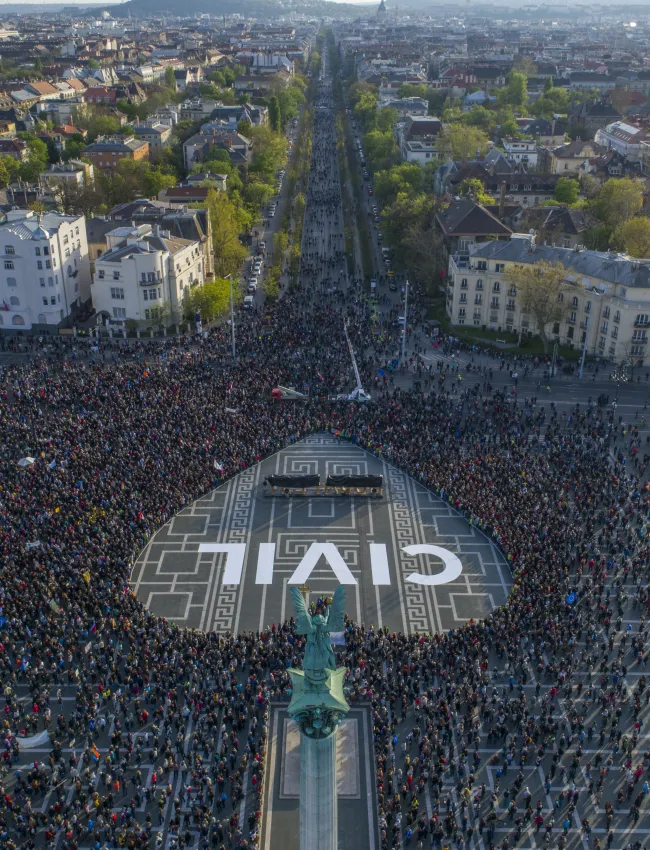How to Sustain Civil Society in Central Europe? Threats and the Ways Forward

1:00am - 2:30am EDT
7:00am - 8:30am CEST
8:00am - 9:30am EEST
About this event
Presentation
- Nataliya Novakova, ReThink.CEE Fellow, German Marshall Fund of the United States
Discussants
- Márta Pardavi, Co-Chair, Hungarian Helsinki Committee
- Pavel Havlíček, Analyst, Association for International Affairs (AMO), Czechia, ReThink.CEE Fellow, German Marshall Fund of the United States
Moderation
- Daniel Hegedüs, Fellow for Central Europe, German Marshall Fund of the United States
Recent political dynamics in Central Europe have worsened the environment for civil society. Several governments have become increasingly hostile toward independent civic voices, and they have launched policies favoring loyal segments of civil society while alienating more critical ones.
What tools have illiberal governments been deploying to constrain the operations of independent and critical civil society organizations? What strategies can civil society organizations pursue to respond to the increasingly hostile political environment? How can partners and donors facilitate the necessary transformation and resilience of civic structures? And ultimately, what new approaches can lead to more sustainable models of civil society in Central Europe?
The German Marshall Fund of the United States is pleased to invite you to the presentation and discussion of a new policy paper that examines the above key questions. The paper places particular emphasis on approaches that in the long term increase the sustainability of civil society, root civic organizations better in their communities, and render them more resilient to government pressures and more independent of external actors.
This event is part of the Rethink.CEE Fellowship, which was established by the German Marshall Fund of the United States in 2018. As Central and Eastern Europe faces mounting challenges to its democracy, security, and prosperity, the Rethink.CEE Fellowship supports next-generation thinkers and activists to conduct original policy research, to offer fresh thinking and perspectives, and to shape effective responses by the transatlantic community.
